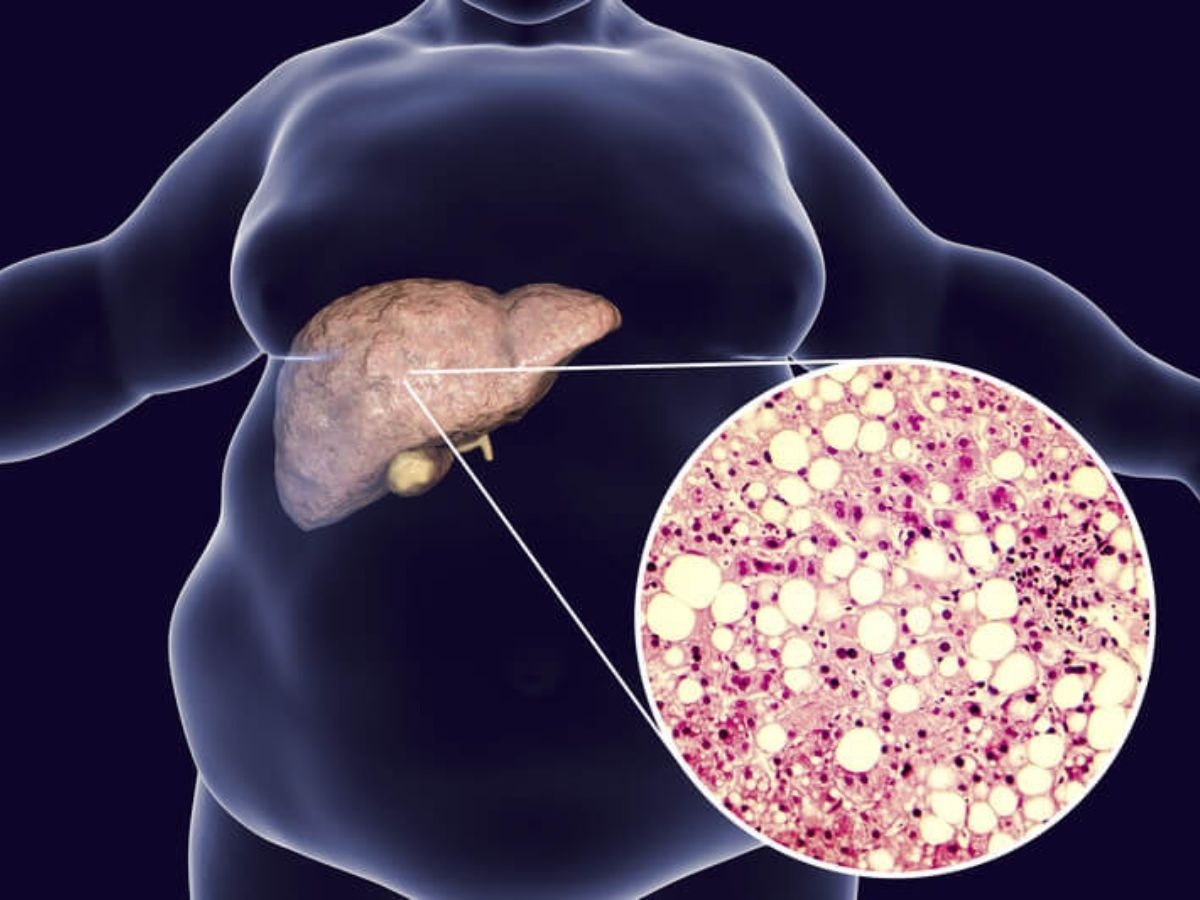
Unveiling Startling Insights: ILBS Survey Reveals Alarming Prevalence of Metabolic Liver Diseases in Delhi
In the groundbreaking survey conducted by the Institute of Liver and Biliary Sciences (ILBS) across 11 districts of Delhi during the years 2021-2022, shocking revelations came to light. Among the 6000 participants, a staggering 56% of the population, equivalent to 3468 individuals, were identified as sufferers of Metabolic Associated Fatty Liver Disease (MAFLD).
Alarming Statistics
Highlighting the severity of the issue, a significant portion of those affected were found to be grappling with obesity. Surprisingly, 11% of MAFLD-afflicted individuals were reported to be of normal or lean weight.
Emerging Trends
Urgency for Awareness Campaigns
Dr. S.K. Sarin, the author of the survey report and the director of ILBS, emphasized the urgent need to commence awareness campaigns. According to him, the survey sheds light on the rapid escalation of MAFLD cases in India, warranting increased awareness and education about this condition.
Diseases Linked to Fatty Liver
MAFLD is linked to conditions such as excess weight/obesity, type 2 diabetes, high cholesterol, and metabolic disorders. Moreover, it is associated with severe liver diseases like non-alcoholic steatohepatitis, liver injuries, and liver cancer.
Long-term Implications of Fatty Liver
Dr. Sarin warns that fatty liver, if left unchecked, manifests its adverse effects 10-15 years later. The disease becomes a definite threat, leading to high cholesterol, diabetes, high blood pressure, and other non-communicable diseases.
Prevention Strategies
To prevent the onset and progression of MAFLD, Dr. Sarin recommends weight loss, regular exercise, and adopting a healthy diet. These lifestyle modifications have proven to be highly beneficial in reducing the risk associated with MAFLD.
Halting the Progression
In addition to lifestyle changes, interventions like weight management, liver surgery, transplantation, and C.A.R.T. therapy (Cellular and Regenerative Therapy) are essential for reversing and halting the progression of MAFLD.
In conclusion, the ILBS survey underscores the critical need for prompt action in addressing the growing prevalence of MAFLD. Awareness campaigns, lifestyle modifications, and advanced medical interventions are pivotal in mitigating the risks associated with this silent yet threatening liver condition.
 Suspense Crime Sach Ka Dam
Suspense Crime Sach Ka Dam


